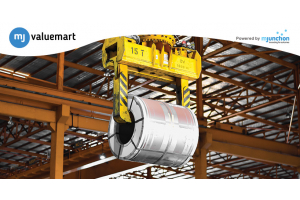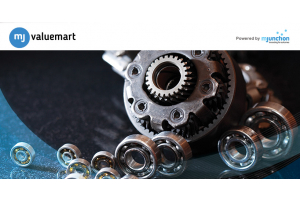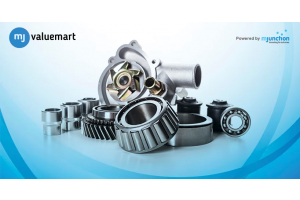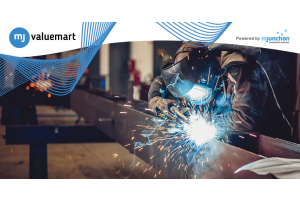Planning to buy hydraulics components? If yes, first check these common causes of hydraulic systems failure
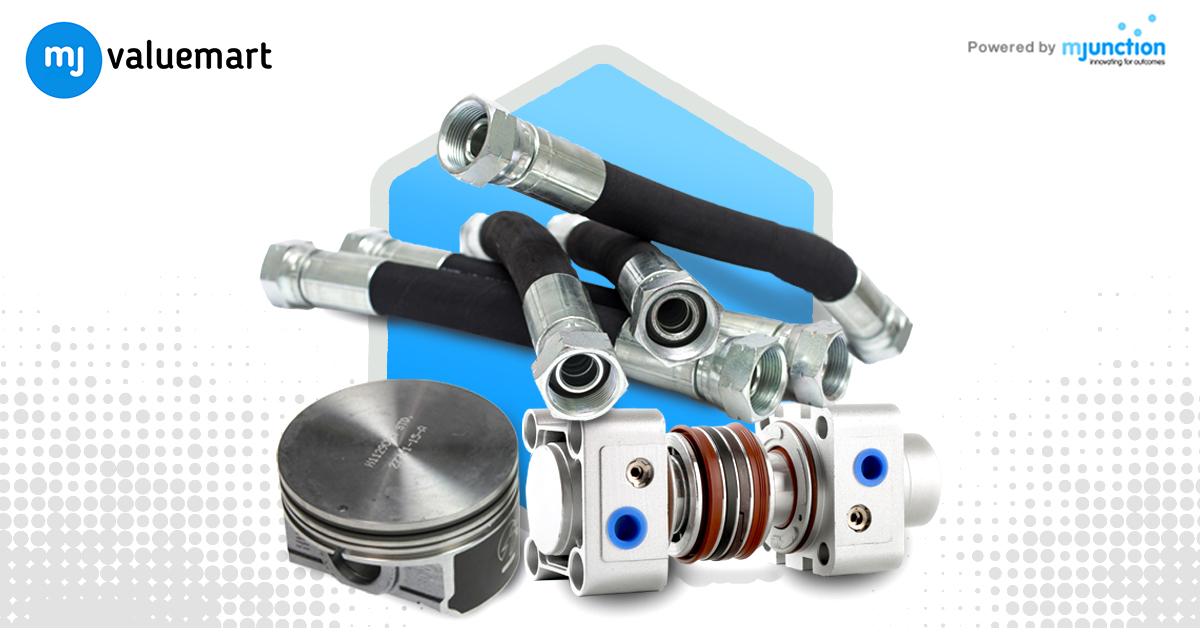
Hydraulic systems are used in many industries as they are capable of moving heavier loads than mechanical, electrical or pneumatic systems. As they use fewer parts, they are easy to maintain. You can buy unused and genuine hydraulics and pneumatics components listed on our platform by sellers at negotiable prices. As one of the leading e-marketplaces for genuine and unused MRO spares, we are listing down some common causes of hydraulic systems failure:
1. Air and water contamination: One of the most common causes of hydraulic system failure is air and water contamination. Damaged pumps, system leagues or temperature issues can result in contamination. Air contamination can cause severe damage to the hydraulic system over time by accelerating wear and tear. Water contamination is often caused due to leaks or condensation. Exposure to water can cause hydraulic components to oxidise and eventually degrade.
2. Temperature variations: When hydraulic systems are exposed to the fluid of varying temperatures, there are adverse effects on the components. For instance, extreme heat can cause hydraulic fluid to oxidise and become thick. This thickening of the fluid results in build-ups that obstruct the flow of fluid. Cold temperatures can damage components such as seals, fittings, mounts, and hoses.
3. Faulty installations: For any machinery to work properly, it needs to be installed properly. Improper installation of any component in a hydraulic system can result in problems. For instance, if the pipes are incorrectly fitted, there will be leakages.
4. Incorrect fluid usage: There are different types of hydraulic systems and they require different types of fluid depending on the end-use. Some of the common hydraulic fluids are petroleum-based, water-based, and synthetics. It’s important to use the appropriate fluid to ensure that the hydraulic system works properly. Some of the common factors to keep in mind when selecting a hydraulic fluid for the hydraulic system are:
- Viscosity
- Viscosity index
- Oxidation stability
- Wear resistance
These factors determine how the fluid will work within the system.
5. Improper maintenance or usage: Just like any other machinery, hydraulic systems need regular maintenance. In the absence of regular or proper maintenance, the lifespan of the hydraulic system reduces. One of the effective ways to increase the lifespan of a hydraulic system is to schedule regular preventative maintenance. Preventive maintenance is performing regularly scheduled maintenance without waiting for the machinery to fail or break down.

